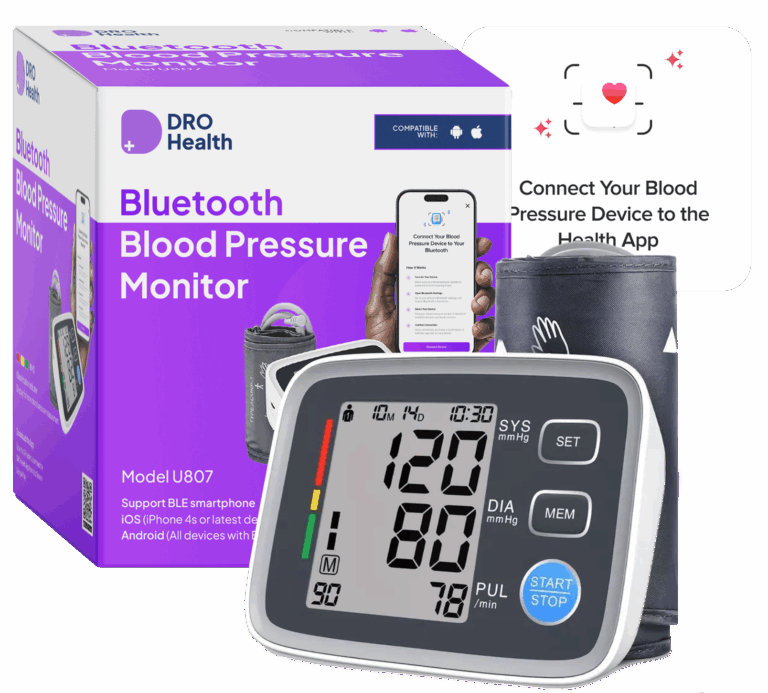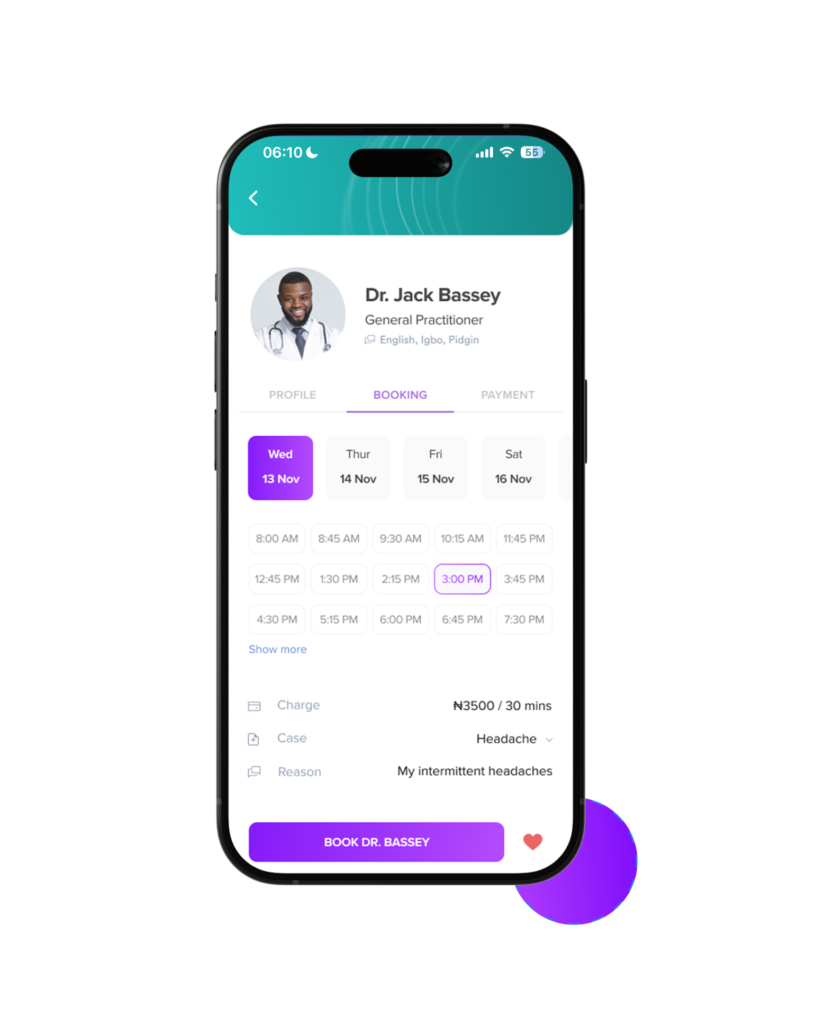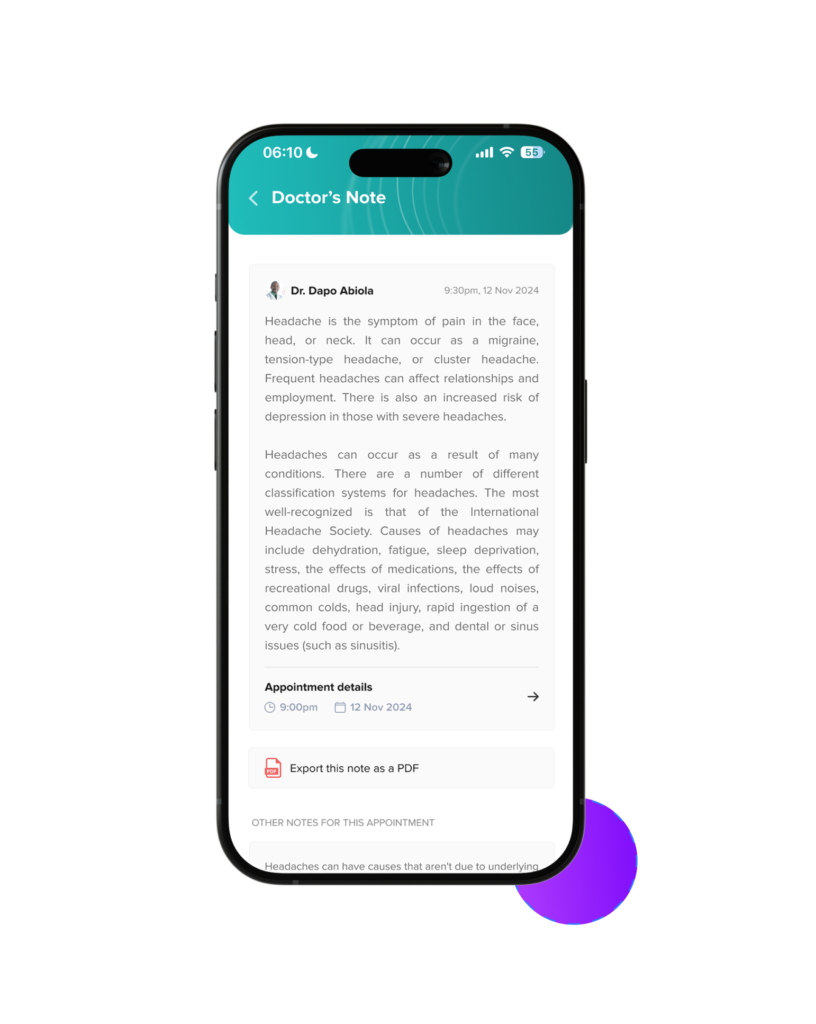Transforming Healthcare with Digital Solutions
At DRO Health, we revolutionise healthcare with innovative digital solutions. From our seamless telemedicine app to advanced EMR systems and remote monitoring wellness programs, we empower both patients and providers to improve care and outcomes.
For Healthcare Providers:

trusted by:






Stay ahead of Hypertension with the DRO Health Bluetooth BP monitor,now available – ₦83,000
Take control of your cardiovascular health with our Bluetooth-enabled Blood Pressure Monitor, designed to work seamlessly with the DRO Health app.

- Clinically accurate readings
- Real-time sync with DRO Health app
- Track your blood pressure history with ease
- Integrated with doctor monitoring for personalised care

Satisfied users who trust us for their healthcare needs.
Virtual consultations completed, providing expert care nationwide.
Satisfaction rate, reflecting our commitment to excellence and innovation.
Satisfied users who trust us for their healthcare needs.
Virtual consultations completed, providing expert care nationwide.
Satisfaction rate, reflecting our commitment to excellence and innovation.
Services
Experience healthcare reimagined. Our solutions blend cutting-edge technology with personalised care. From effortless virtual visits to powerful health management tools, we've crafted a seamless experience to support your well-being. Explore our services and embark on a healthier you.
Virtual
Consultations
Get expert medical advice from thoroughly vetted doctors online via the DRO Health app.
Electronic Medical
Records (EMR)
Streamline patient records, billing, and diagnostics for efficient care.
Remote Monitoring and Wellness
Monitor and manage health conditions with continuous care and support.
Corporate
Partnerships
Collaborate with us to expand healthcare access and improve patient outcomes.
Join 20+ partners and 50,000+ people who trust DRO Health for their telemedicine needs.
Get started with DRO Health quickly and easily. Your path to convenient, expert care is just a few simple steps away.






What our customers say
Discover how we're helping individuals and hospitals enhance their healthcare experience.
The app is really nice, runs smoothly. DRO Health allows you access medical professionals on mobile at a very 'okay' price per session. The app has a voice\video call features which allows you have a voice and visual contact.

Emmanuel Adepoju
I hardly drop reviews on an app download but this is an exception because I have tried a lot of apps with similar purposes but this is by far the best of them all. Easy to use, nice interface, very educative and beautiful graphics. This app it really worth worth it.




